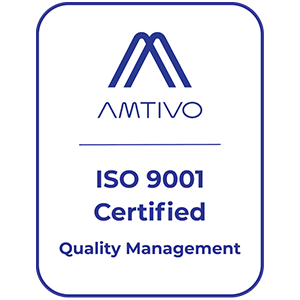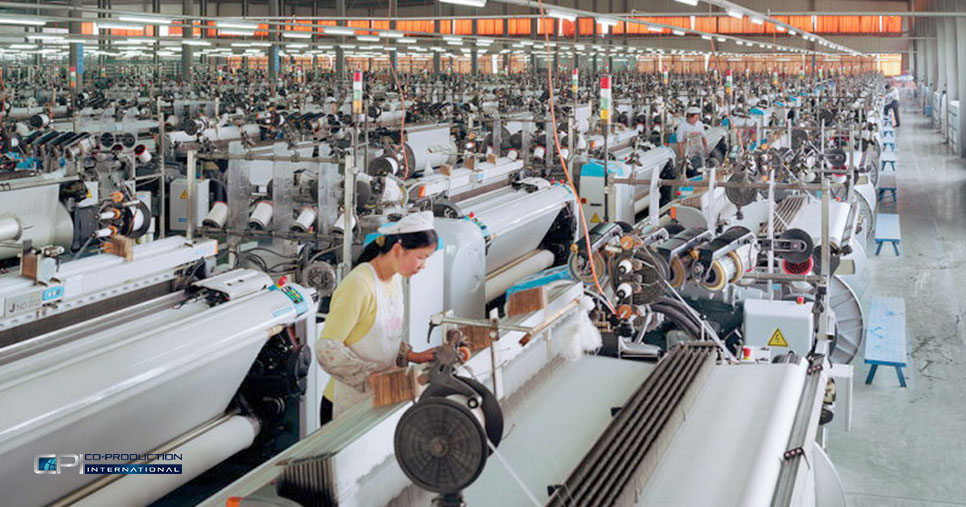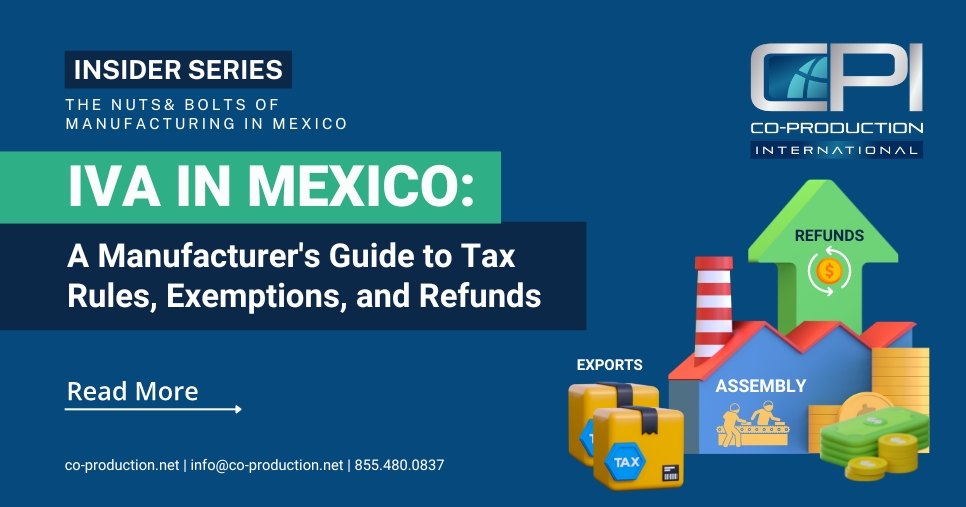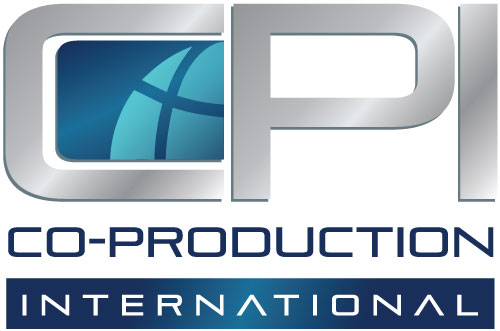INFONAVIT, USMCA, and Mexico’s New Reform of 2019 have advanced a robust, equitable, and collaborative work among maquiladoras in Mexico. While these labor reforms serve as improvements for workers across Mexico, manufacturers have
consistently paid higher than average wages, afforded all benefits under law, and offered additional benefits packages in order to attract quality employees and minimize turnover. As is often the case with foreign companies manufacturing in Mexico, company culture is one of encouragement, advancement, and retention.
New Minimum Wage in Mexico
In January 2019, Mexico President Andres Manuel Lopez Obrador issued a federal decree to increase the minimum wage in the Northern border region from 88 pesos (about $5 dollars) a day to 176 pesos per day ($10 dollars). This had little impact on maquiladoras and manufacturing companies in Mexico as most already offer higher than average wages (approximately $2.50 dollars/hour). CPI offers a no-charge labor cost analysis for manufacturers interested in expanding to Mexico.
Request Your Cost Analysis!
USMCA
Under the United States-Mexico-Canada Agreement (USMCA), the average wage of all automotive manufacturing workers in a maquiladora needs to be $16 dollars an hour. The average wage calculates assembly line workers, engineers, supervisors, and managers. All agricultural trade will also be tariff-free among the three North American countries and provisions have been put in place to further protect the IP and trade secrets from foreign entities (outside of North America). Aside from labor standards and industrial trade deals, USMCA now opens up agriculture and produce distribution channels with less restrictive trading. This bill has lowered the cost for raw goods such as steel and aluminum, making it easier for trade among North American countries.
Learn more about USMCA.
Common Employee Benefits in Mexico
The largest fundamental difference between Mexican employment agreements compared to the United States is the absence of “at-will” employment in Mexico. The typical workweek in Mexico for maquiladoras is roughly 48 hours, but one can often find flexibility in how those hours are spread out, some companies allowing employees off on Saturdays.
A clear distinction is placed between employment versus service contracts, both of which are eligible for these types of mandatory benefits. Evidence has shown that this promotes higher productivity, healthier lives, livable wages, and improved working conditions that are now right within the workplace. Workweeks are often set at roughly 48 hours for most shifts, with all roles eligible for mandatory benefits and social security plans. Profit share is another form of benefit that a variety of large Mexican employers offer to suffice as a bonus during times of economic growth within the company.
INFONAVIT: Mexico’s Answer to Affordable Housing
Passed in 2006, INFONAVIT is the “constitutional right for decent, dignified, and affordable housing” now accounts for 7/10 (>2 Million) loans for Mexican workers. It facilitates anything from home buying, financing, maintenance & repairs, mortgaging, credit, and all other services for new home buyers. This is often referred to as one of the largest social security programs for employees and is meant to ensure sustainable urban development across all industries.
INFONAVIT also promotes eco-technologies the construction of INFONAVIT financed homes in Mexico. This includes homes that run more efficiently, use less energy, and are far easier to maintain. Sustainable housing was often second-thought in past decades but is becoming a topic of political discussion in more recent times. Attractive housing allows more people to live in these thriving manufacturing communities and ensures citizens have equal opportunities for sustainable housing.
Looking Forward: Shelter Manufacturing in Mexico
With a majority of jobs in Mexico coming from manufacturing sectors, new laws and social security plans like these aim to attract workers and create equitable and decent working conditions. Under new Mexican law, workers now have more access to healthcare, housing, social security, and various other programs similar to that of the United States.
Foreign manufacturers find the availability of a highly skilled and affordable workforce a key draw for manufacturing in Mexico. Mexico shelter services companies like Co-Production International can be a resource for manufacturers looking to expand operations offering quick ramp, scalability, and minimal risk posed to the business owner. CPI has over 35 years of U.S./Mexico manufacturing expertise, bringing a robust network of strategic partners and dedicated teams to help you get up and running. Human resources, recruitment, hiring and compliance with labor laws fall under CPI’s Shelter IMMEX Program allowing manufacturers to focus 100% on manufacturing while CPI handles the rest. Learn more about how CPI has assisted manufacturers in the expansion of their supply chain/operations in their case studies archive here.




.png)







